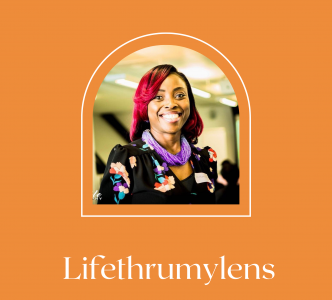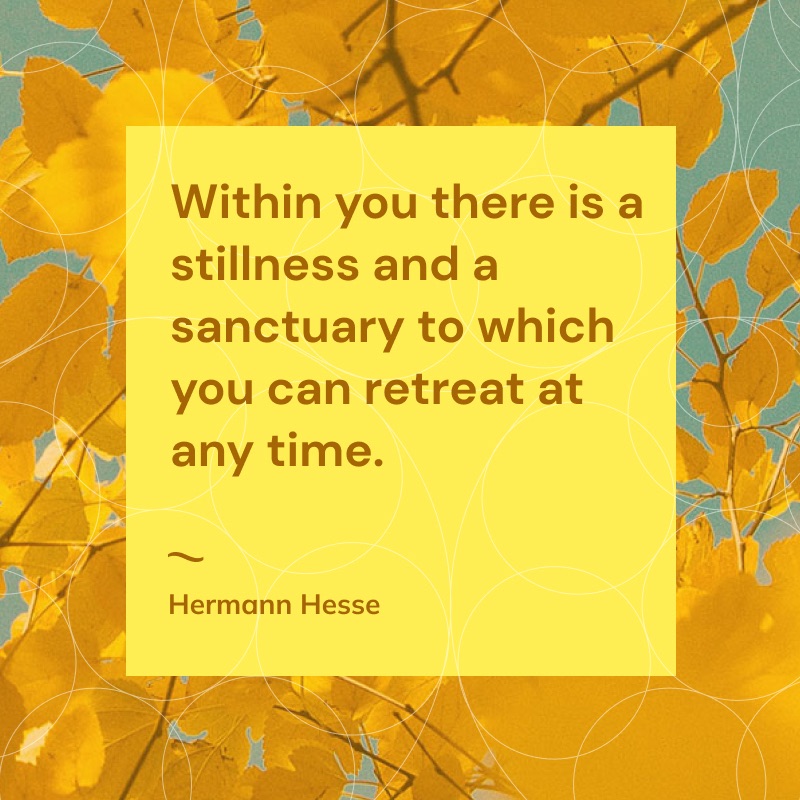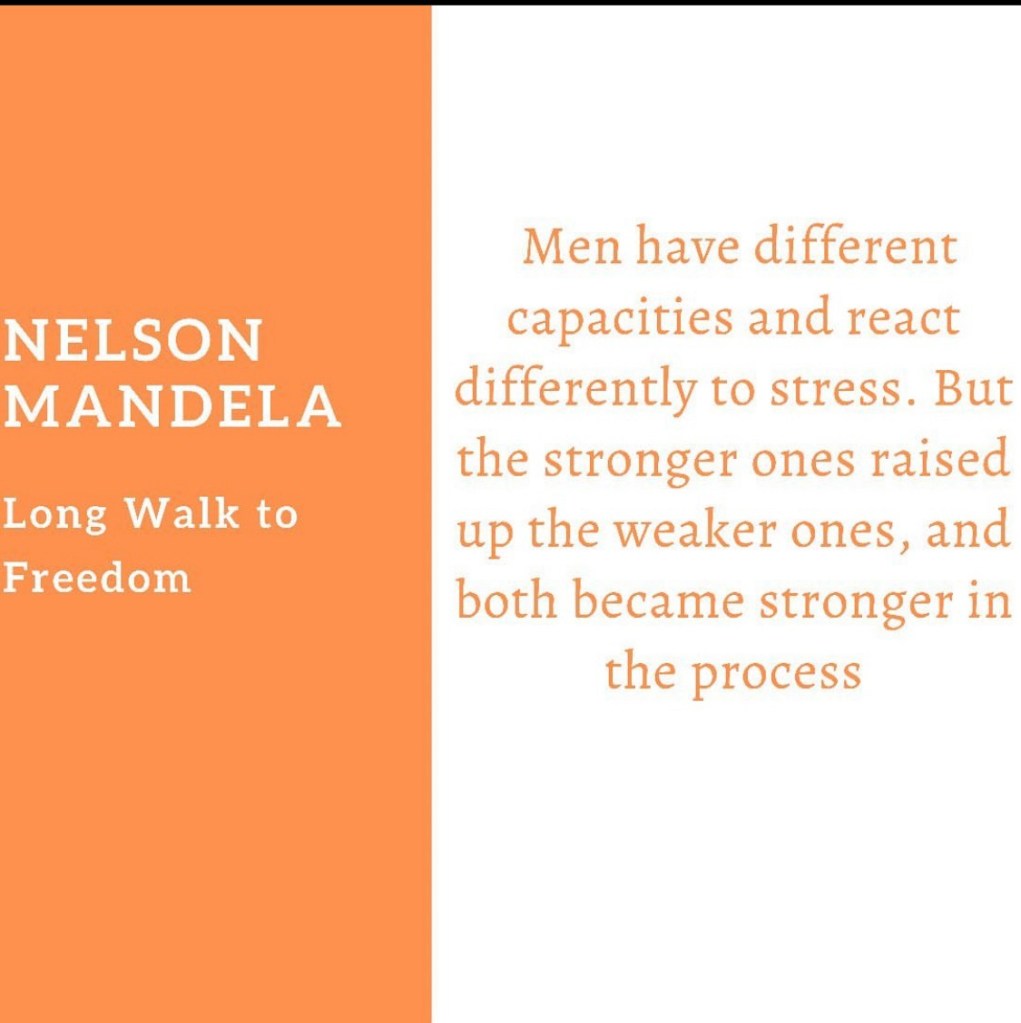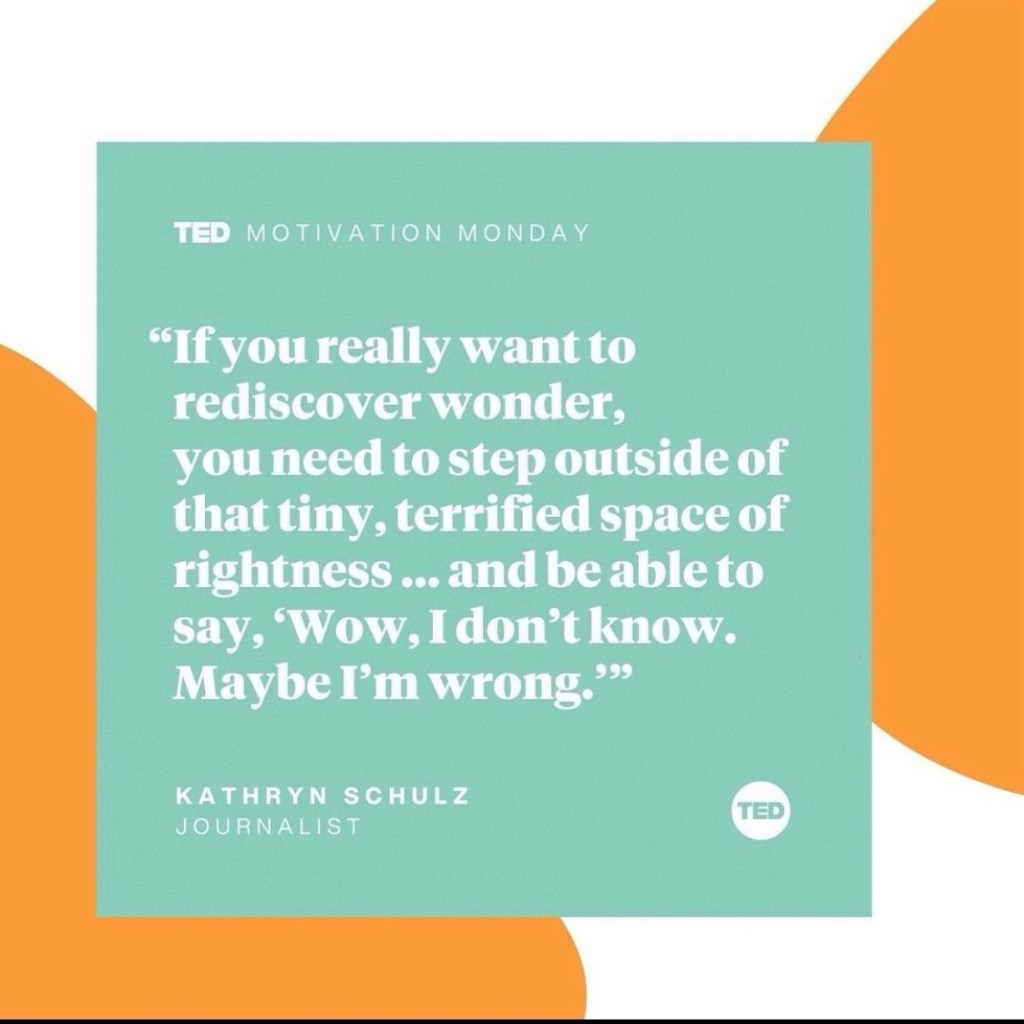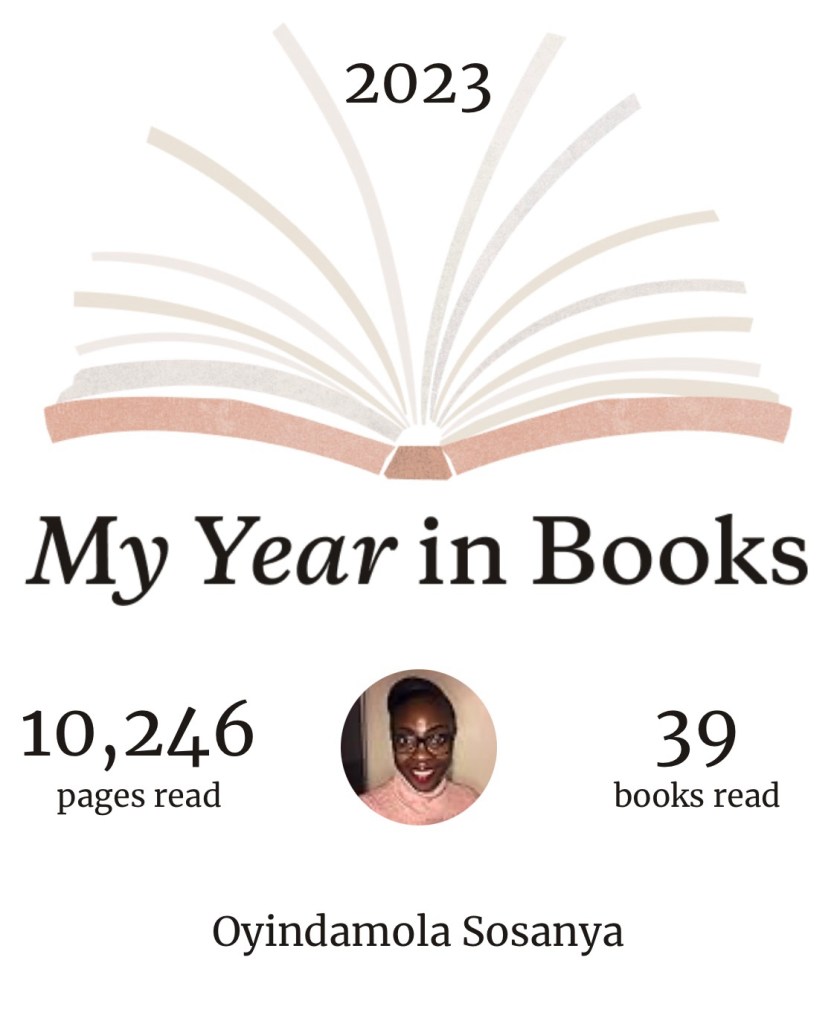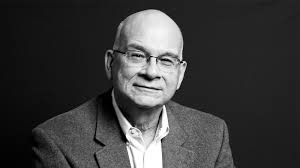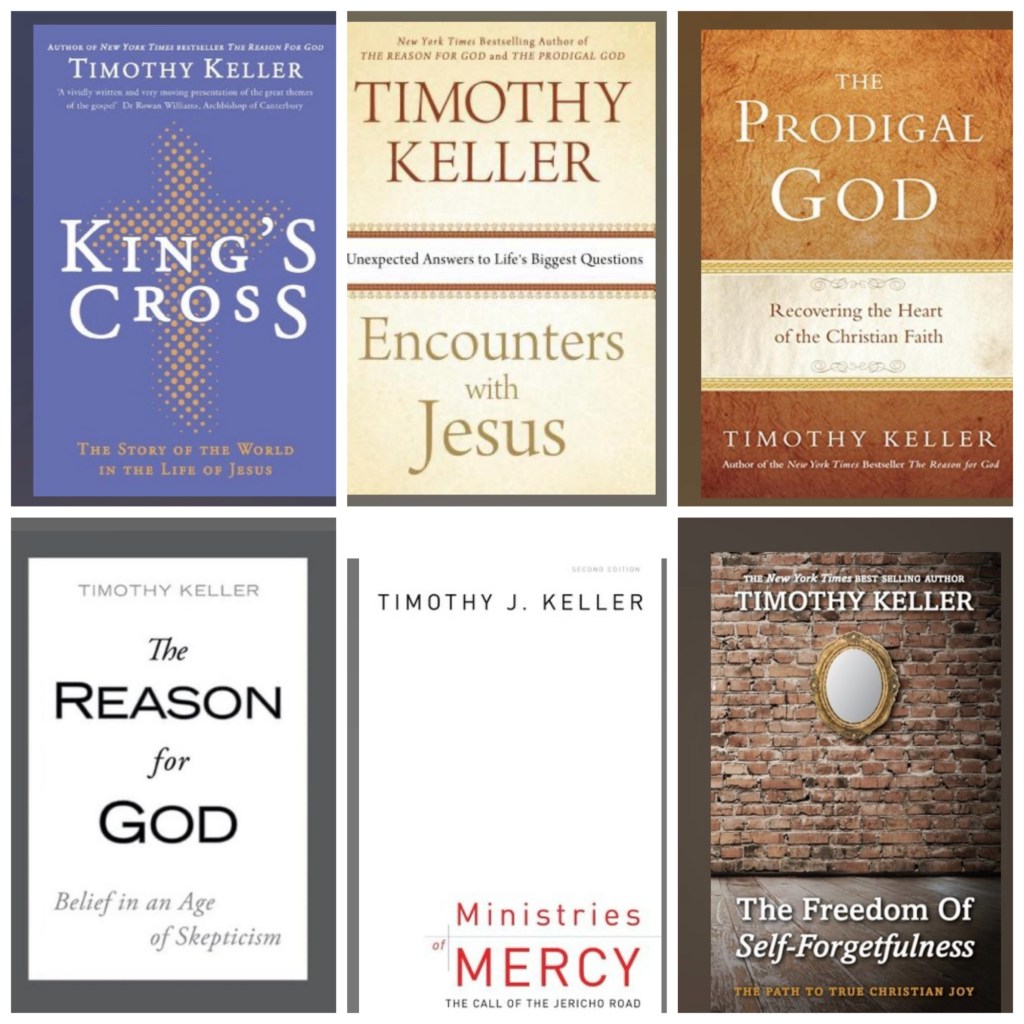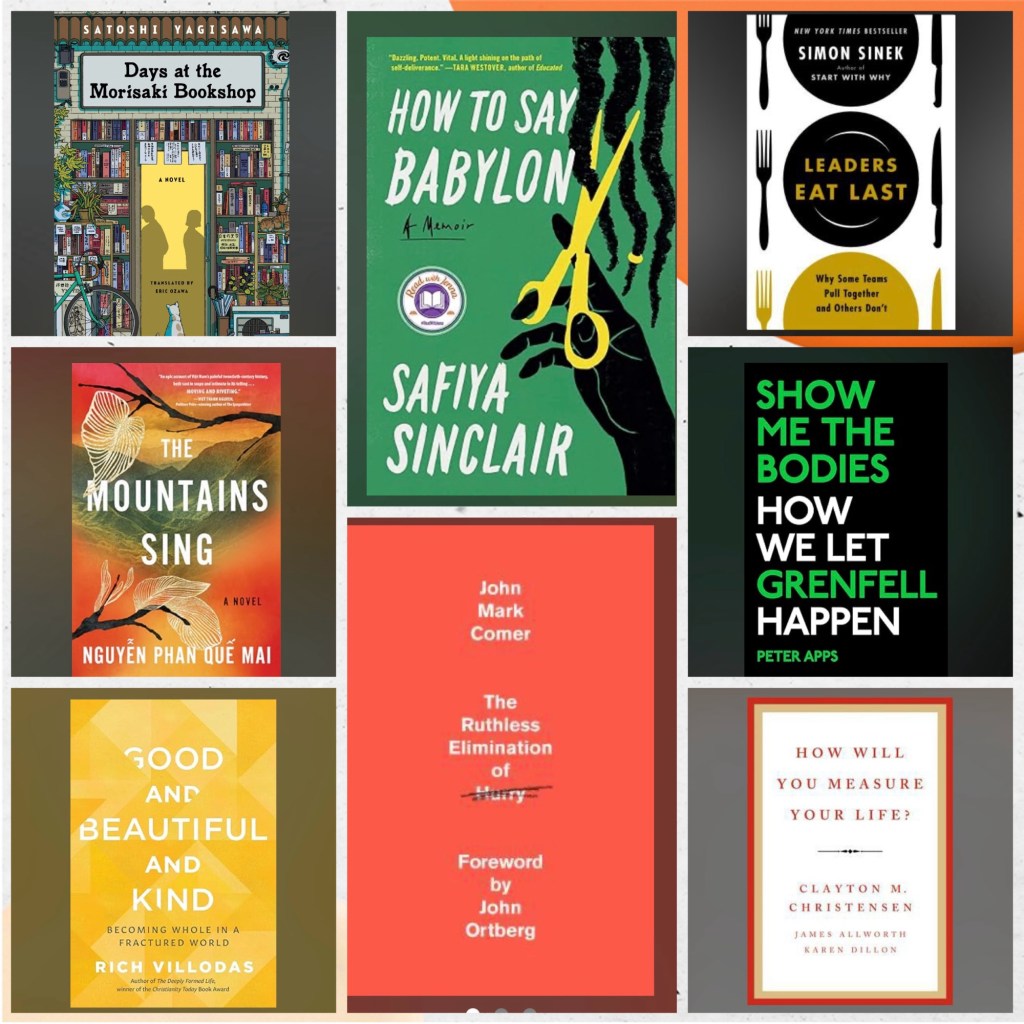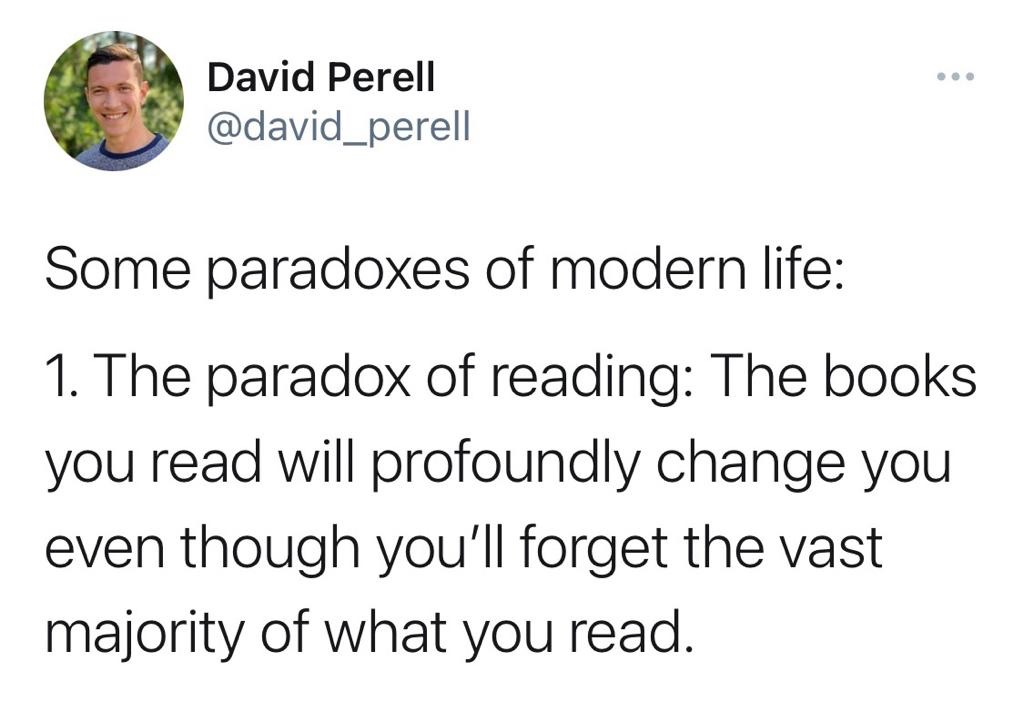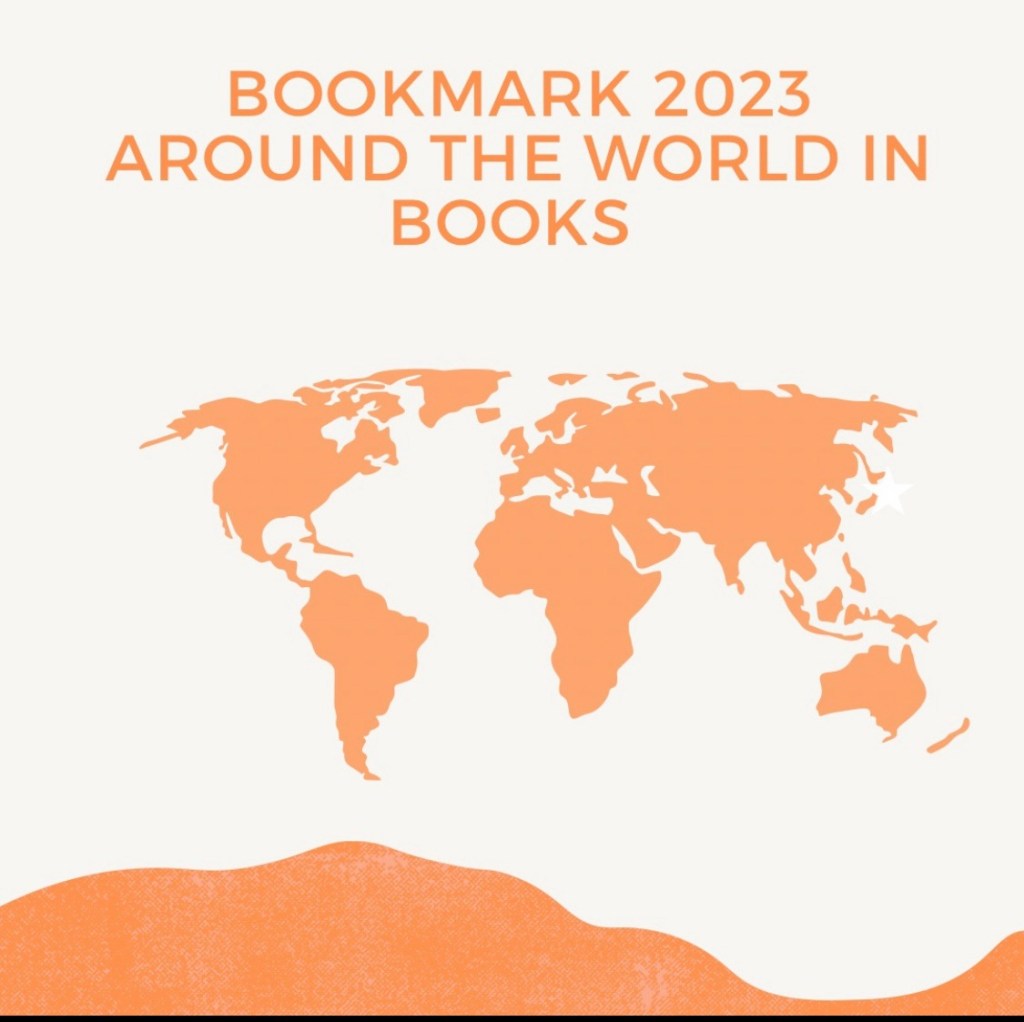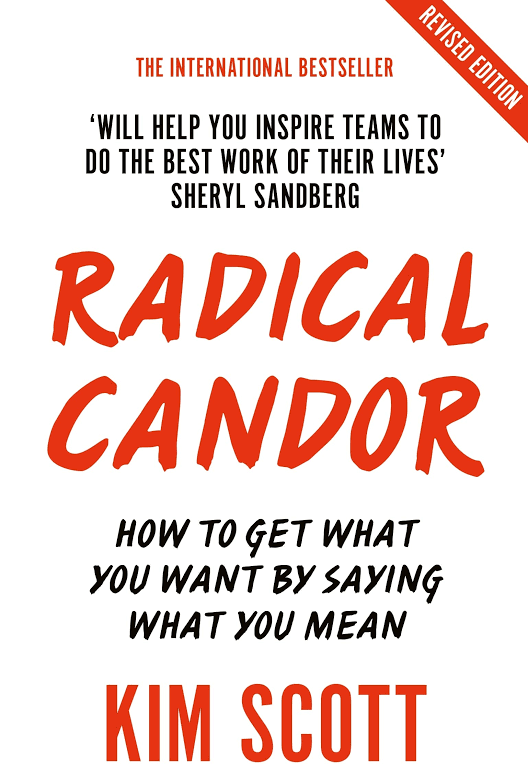
Radical Candor by Kim Scott was written in 2017 and has been recommended to me by a number of people whose opinions I really value.
I decided to read it this year as one of my key areas of growth is honing my leadership skills so I can continue to support my team to be the best they can be.
I have always been drawn to the premise of the title due to personal observations in the workplace where being direct is sometimes seen as a contrast to being kind.
I was able to get into the book immediately as the author excellently mixed stories/personal anecdotes from her career as an executive in Silicon Valley, created a framework while also giving really actionable and practical ideas/tips.
This is a really hard thing to do in a lot of business/personal development type books ( lots of them could be much shorter) but I think Kim Scott was able to pull it off.

The quadrant above forms the premise of most of this book. The early chapters of the book goes into a lot of detail explaining the various terms noted in the image above.
As someone who describes herself as a recovering people pleaser, it was particularly enlightening to get a term for what I have always wondered about in the word ruinous empathy.
She describes it as when a leader is very high in “caring personally, but low on challenging directly”. It’s the stance taken when people feel they are being nice or don’t want to hurt other people’s feeling even when it’s obvious that there are things that need to be challenged.
Compassion is empathy plus action
Kim Scott
She gives a personal example of this in her career and the adverse effects this could have on other team members. It also highlighted how empathy, compassion, kindness or any “seemingly good” motives have to tempered with a sense of fairness and equity.
The latter parts of the book go into a lot of detail and practical tips on how to be the leader who cares personally AND challenges directly( the right quadrant in orange).
She gives lots of ideas on how to go about being this person but with a nuanced approach that acknowledges that there is never a one size fits all approach when it comes leading or managing people.
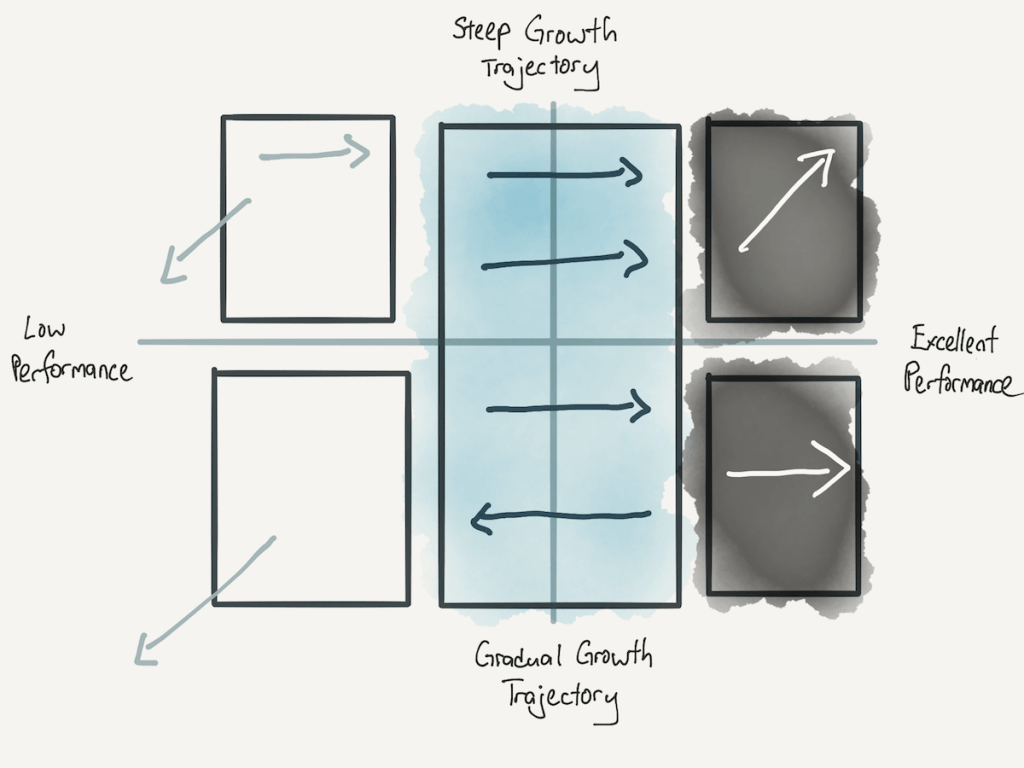
Another interesting concept for me was how to build a performance culture in a team when managing or leading individuals with different intrinsic or extrinsic motivations. She defines individuals in teams into two broad categories – rock stars and super stars
She defines rockstars as those people who are solid, depedendable and who are not always looking to the next things but want to hone their skills.
She defines superstars, as those who are on a steep career trajectory and are always looking to the next thing or challenge.
She explains that rockstars are often prone to staying longer and can be the backbone of your team but it can be tricky to keep superstars in one position for a long time as they get bored quite easily.
The best way to keep superstars happy is to challenge them and make sure they are constantly learning
Kim Scott
I particularly love the nuanced take on what we could call a very broad categorizations of people and how she takes the time to explain that one isn’t inherently better than the other.
They are just different!
Using personal examples and stories, she also highlights how these categories are fluid as individuals can default to these states based on their current life seasons or circumstances.
It really resonated with me as someone who has fluctuated between being a stay at home mum, not wanting to take on extra duties at work so I could do the school run and growing into being able to lead really complex and challenging change initiatives at various stages in my career and life.
I often joke that my stay at home mum days gave me so many immeasurable skills that I bring to the workplace but the author elaborates on this idea in such a beautiful way.
I love a quote and it is something I often look out for in any book and this book didn’t disappoint.
I highlighted so many quotes from the book and will share below a few of my favourites.
If you want to build a ship, don’t drum up people to collect wood and don’t assign them tasks and work, but rather teach them to long for the endless immensity of the sea.
Kim Scott
For me it reinforces that people work better at the what and the how when they understand the why!
The essence of leadership is not getting overwhelmed by circumstances.
Kim Scott
This is especially true when leading change. The circumstances will never be perfect but it’s important not to get overwhelmed.
Sometimes, the greatest gift you can give your team is to let them go home!
Kim Scott
Or log off in the hybrid world! For me this especially resonates in understanding that work is just one element of an individual’s life. Caring personally means acknowledging that.
When management is the only path to higher compensation, the quality of management suffers, and the lives of the people who work for these reluctant managers become miserable
Kim Scott
This quote and part of the book taps into my belief that we need broader ways of compensation that does not always translate to leading or managing people. Not everyone who is great at their job will be great at managing/leading people.
We have too many people who are miserable in their work lives because they are being led by someone who does not want to be responsible for people.
Listen, Challenge, Commit. A strong leader has the humility to listen, the confidence to challenge, and the wisdom to know when to quit arguing and to get on board
Kim Scott
This needs no further explanation. This last quote is one I have started intentionally practicing. Listening is not exactly my strongest forte but was something that really shone through this book.
Books like these are meant to be revisited again and it is one I will be surely revisiting. I listened to it on audiobook and have now ordered a physical copy to dip in and out of.
It was a really great read and one that I would highly recommend for anyone who is interested in being both effective and kind as a leader.
